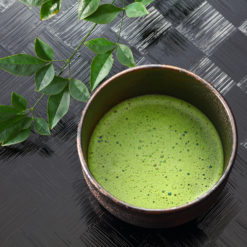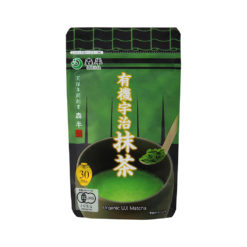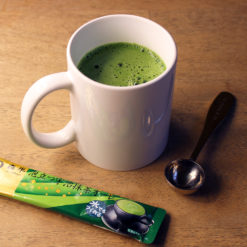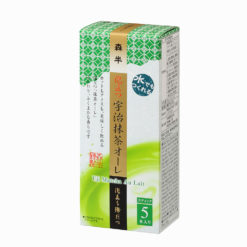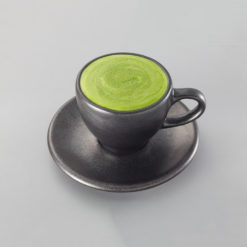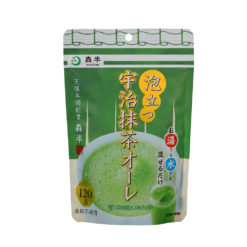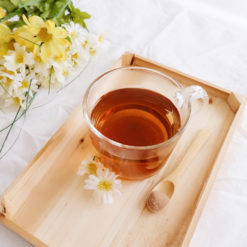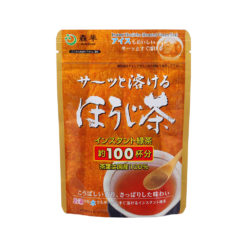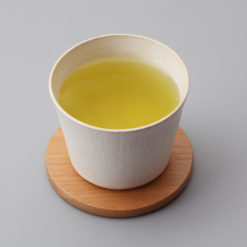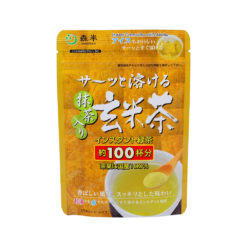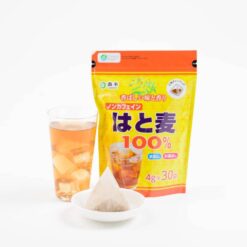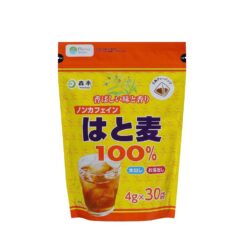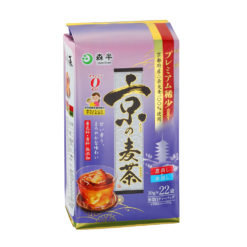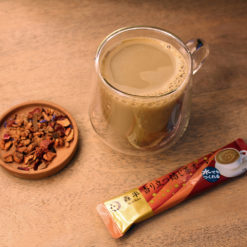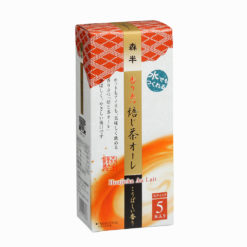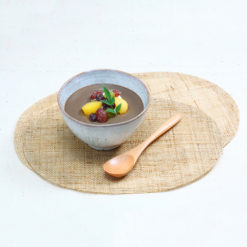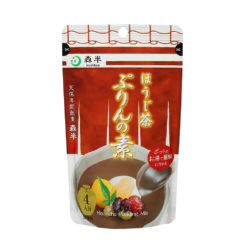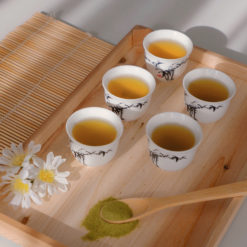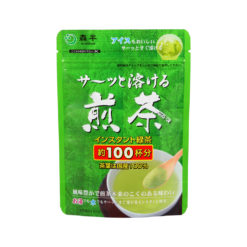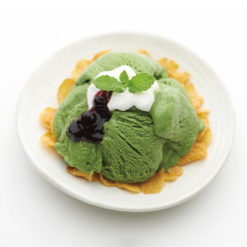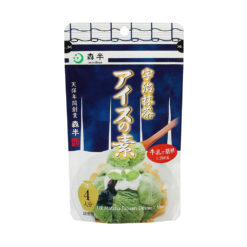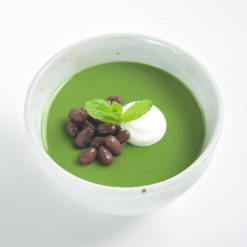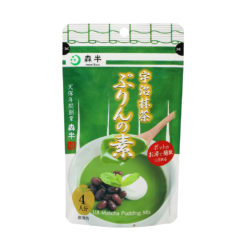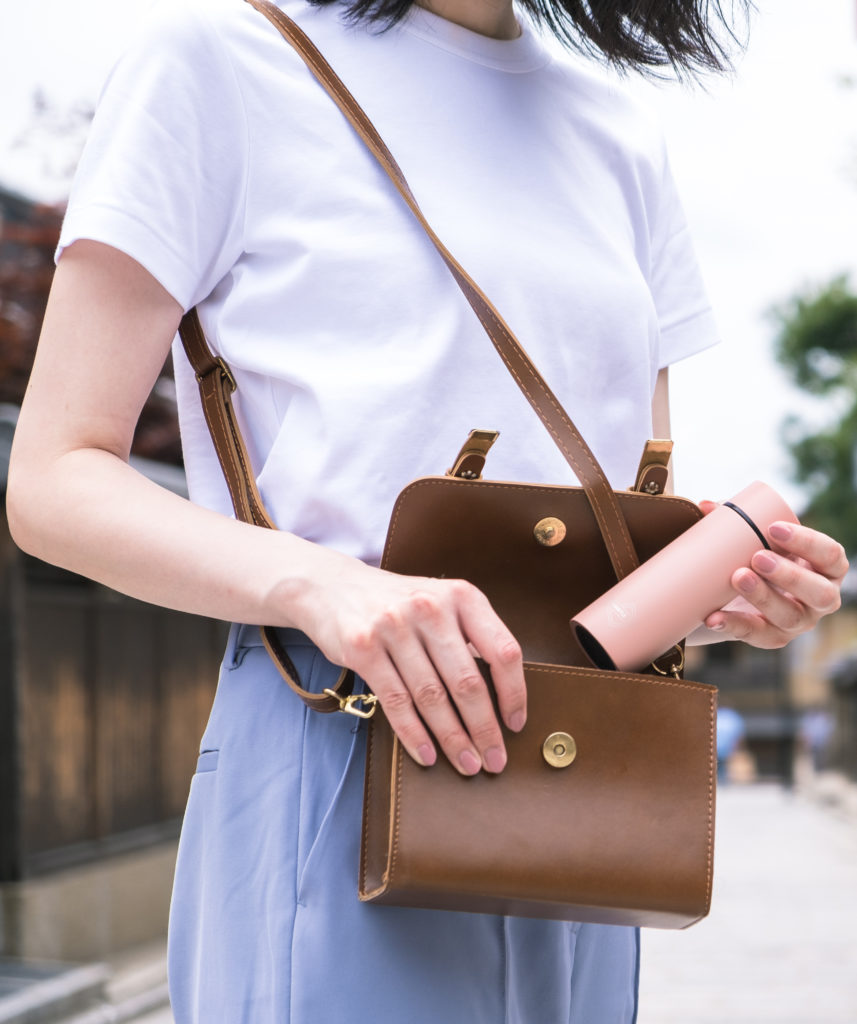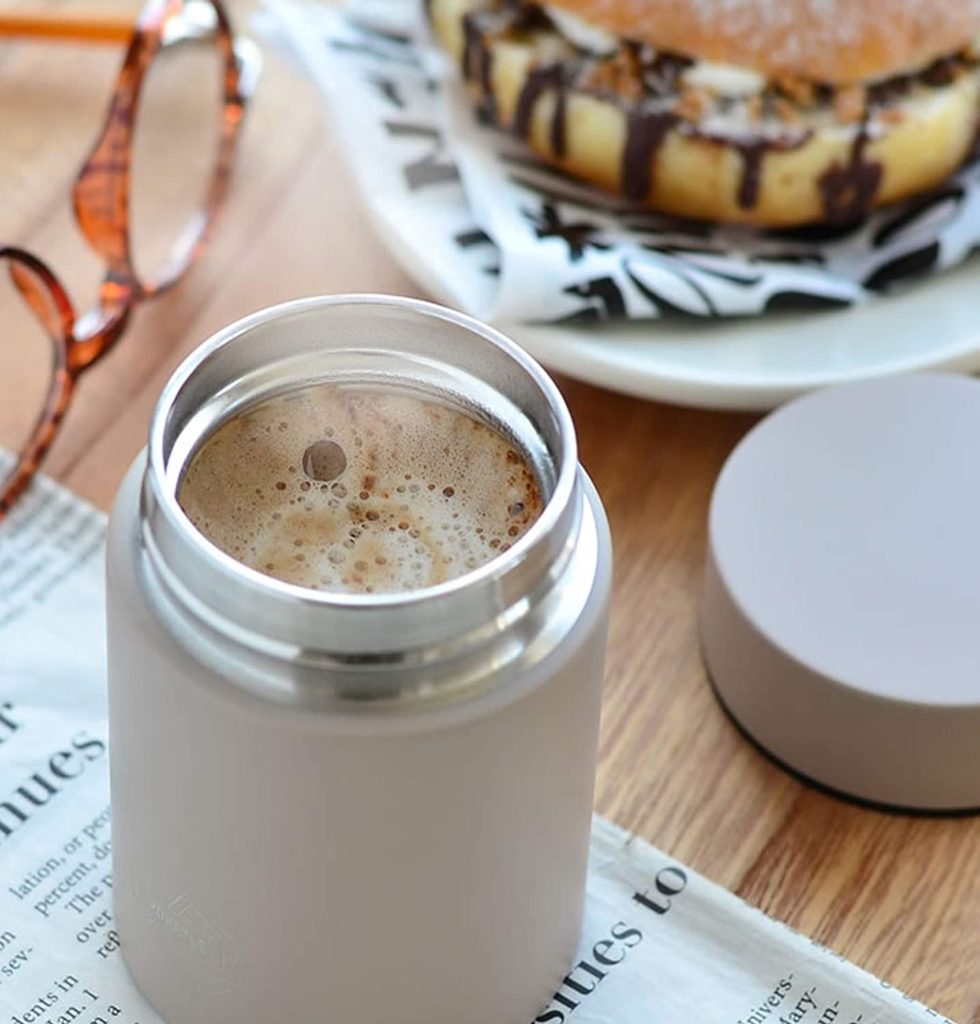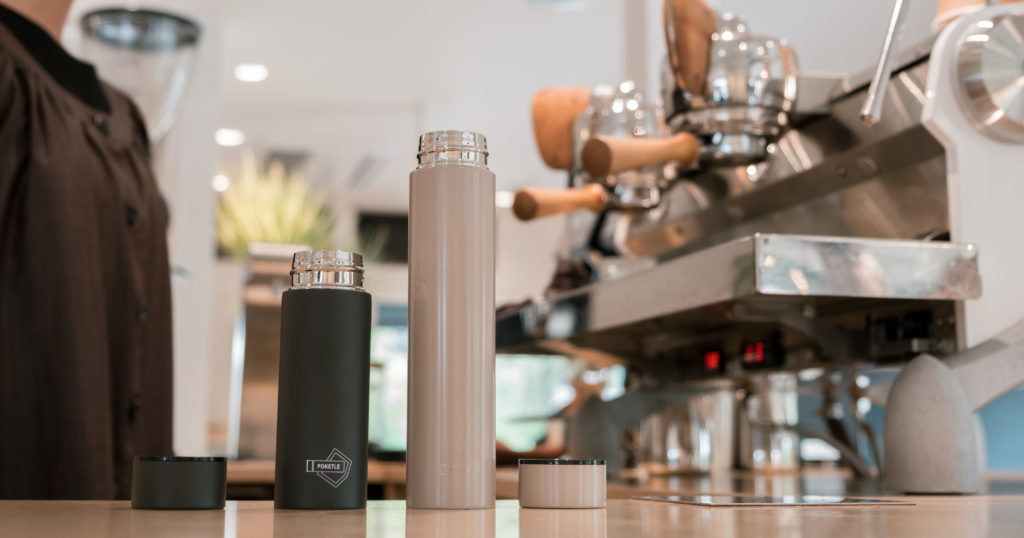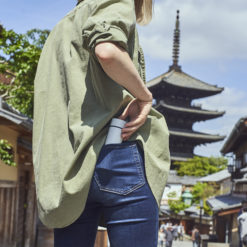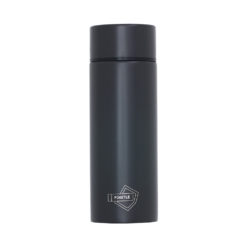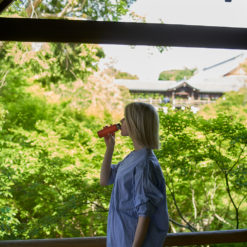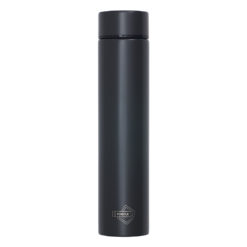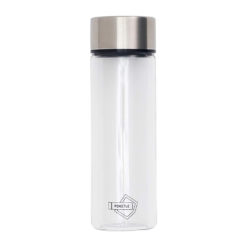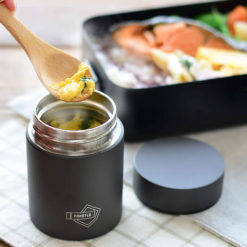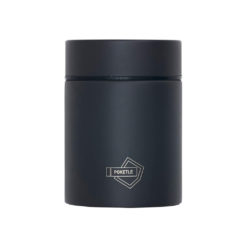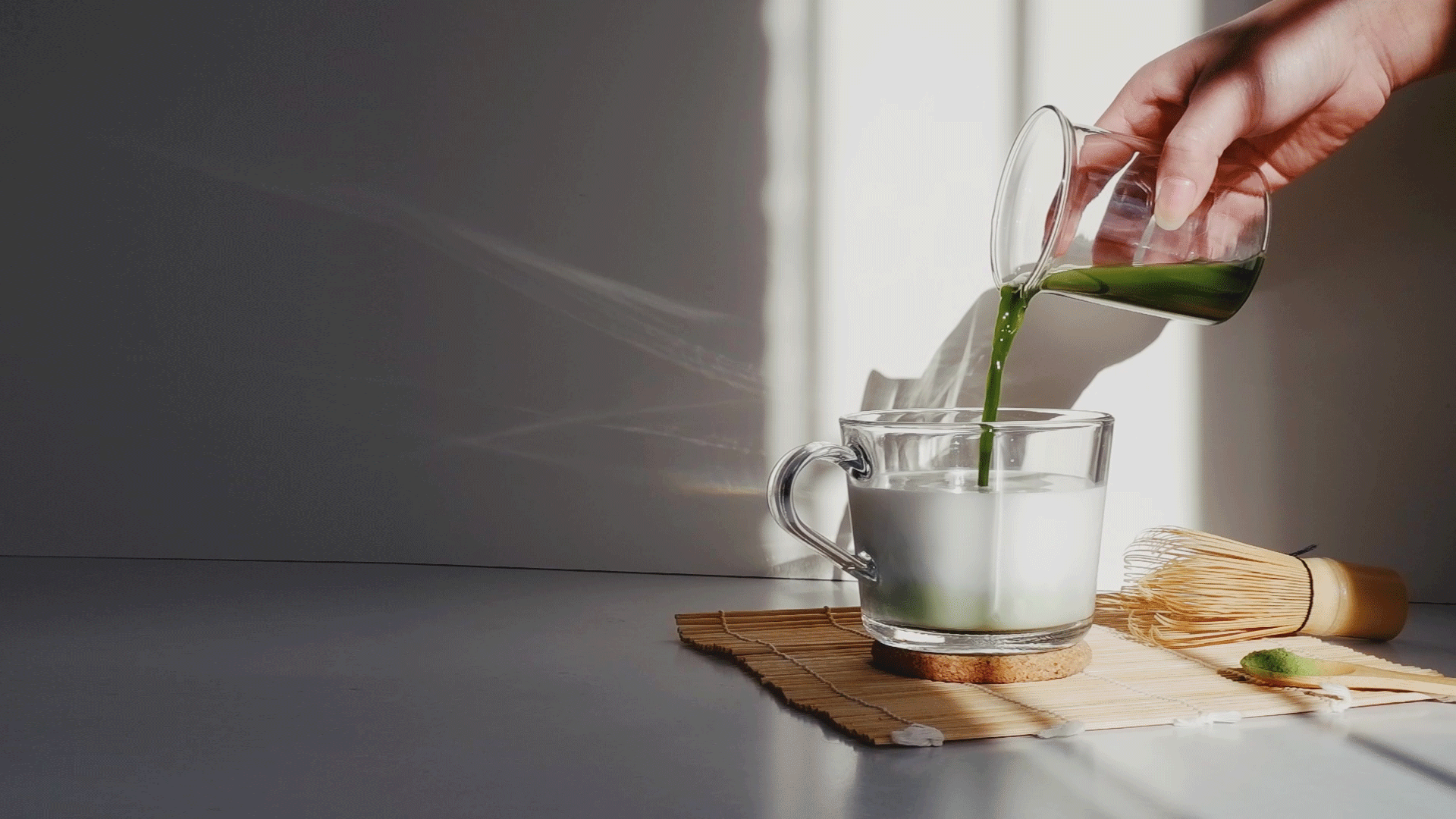


Embracing the beauty of Japanese tea as a jewel of humanity
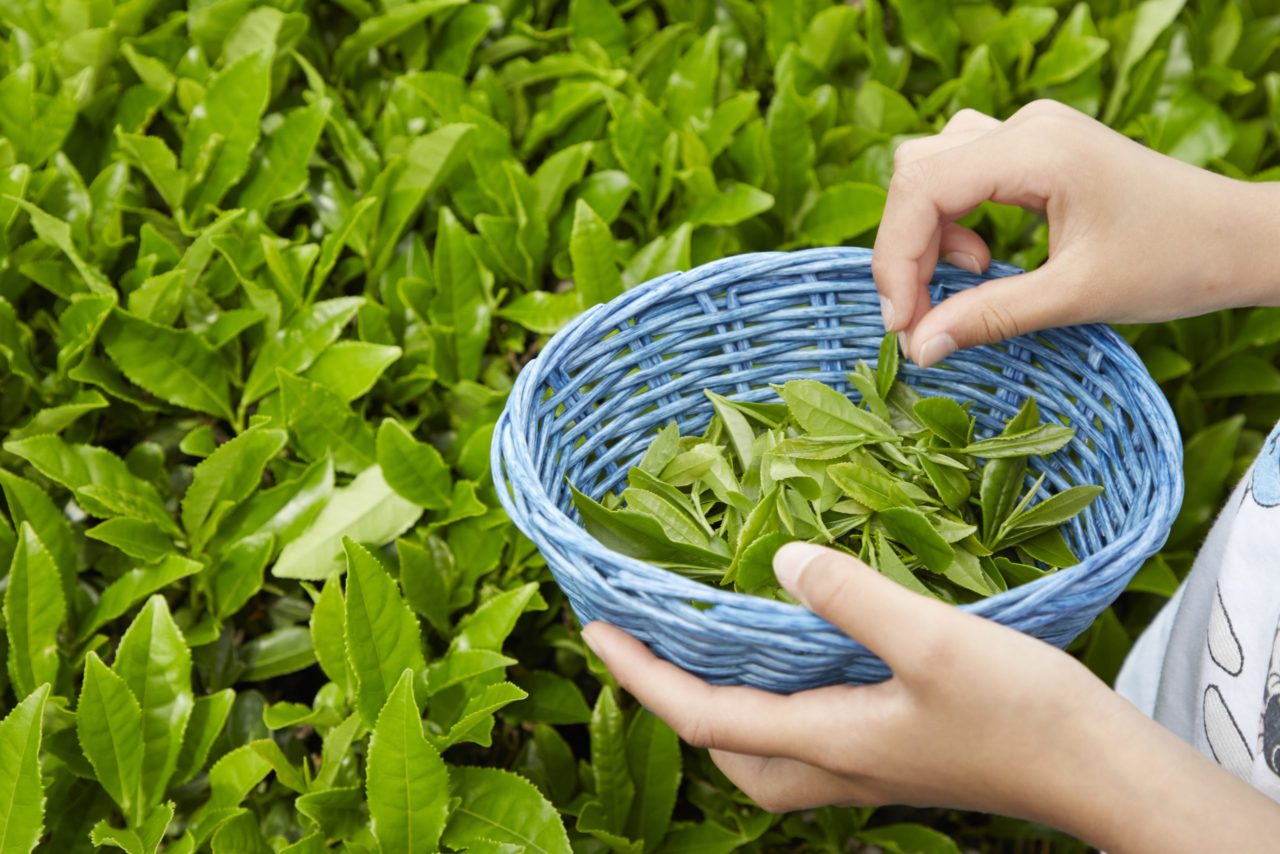
Embracing the beauty of Japanese tea as a jewel of humanity

Embracing the beauty of Japanese tea as a jewel of humanity

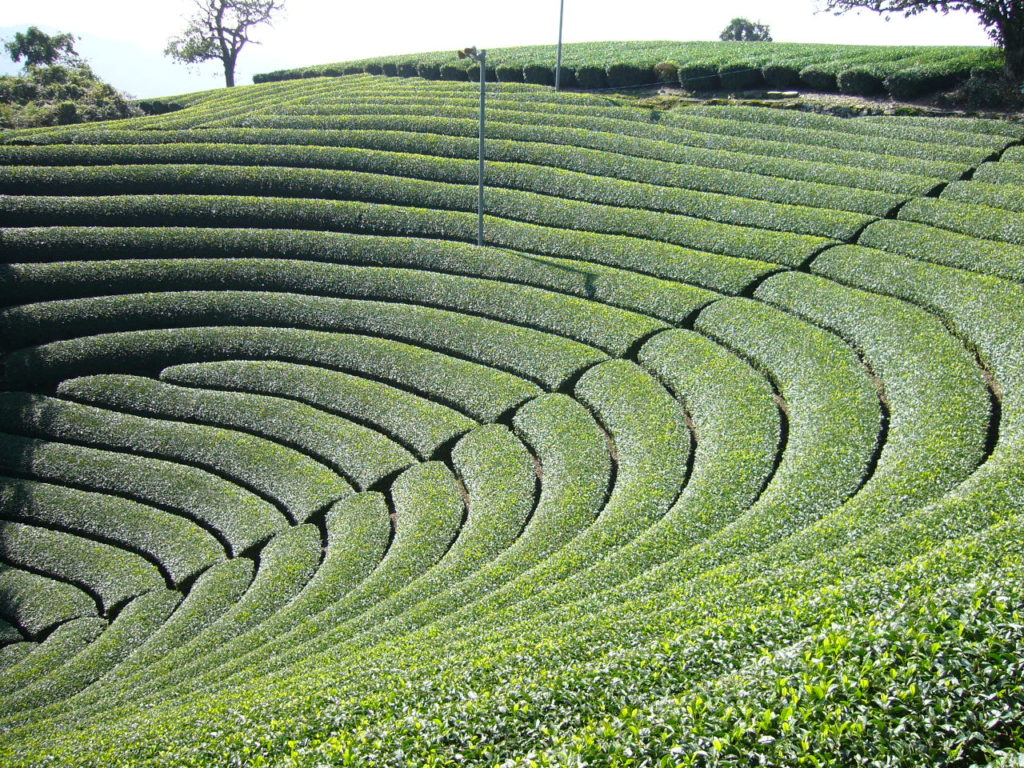
In Japan, tea is more than just your usual hot drink. The custom of drinking tea plays a much more significant role in Japanese culture. The very first tea field was grown in Kyoto when tea seeds were introduced to Zen monks in the 12th century. Today, Kyoto is known as the true home of Japanese tea with their most popular green tea plantation being located in Uji, Kyoto.
Famous types of “Uji-tea” you may have heard of are “sencha” (green tea often served at restaurants) and “matcha” (used to make delicious green tea lattes). Both teas originate from the same leaves, but their unique cultivation technique is what sets them apart. Matcha is cultivated into a bright green powder with a rich umami flavor and it is the signature tea served during Japanese tea ceremonies.
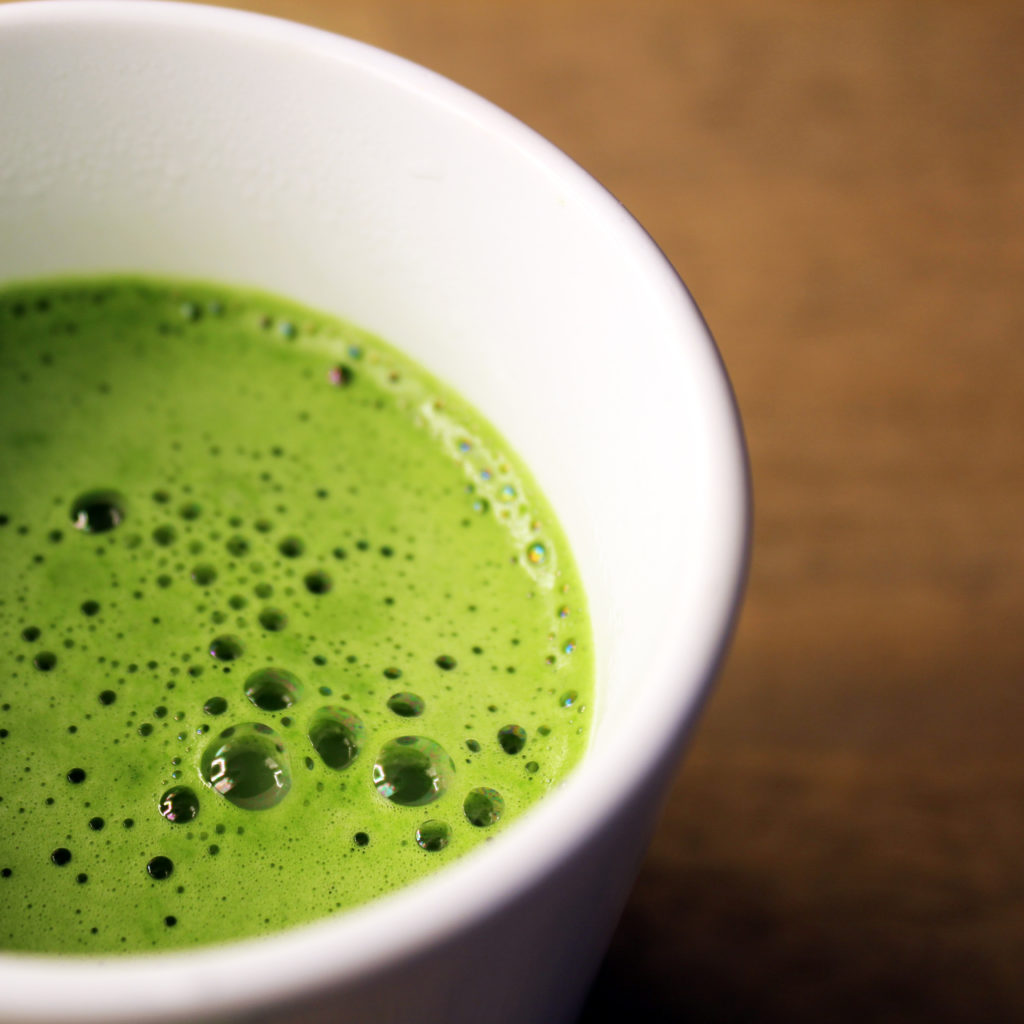
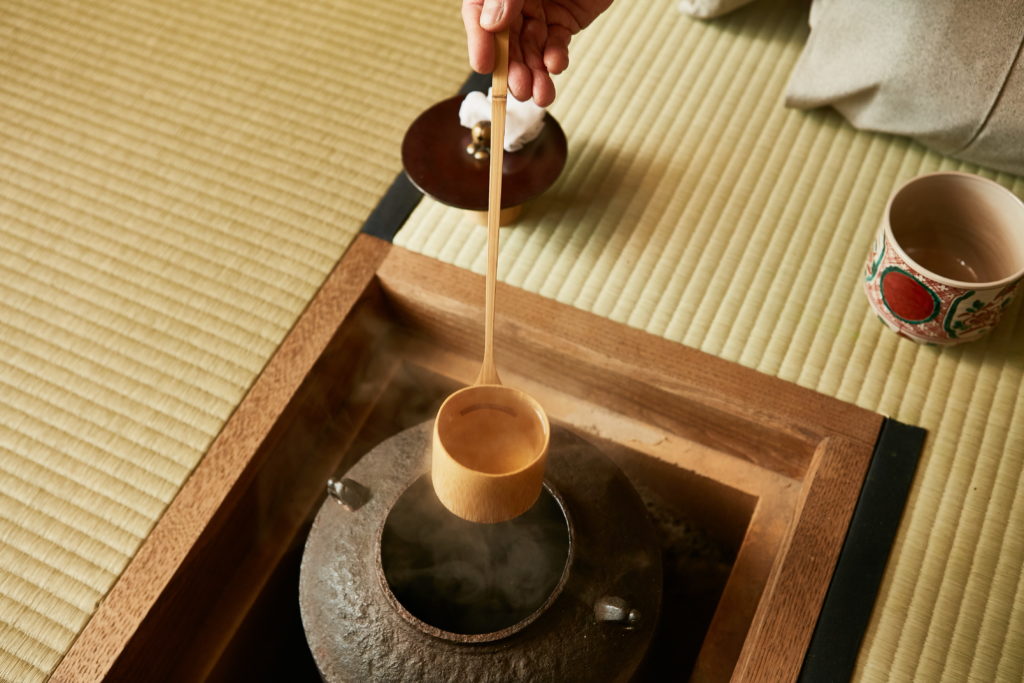
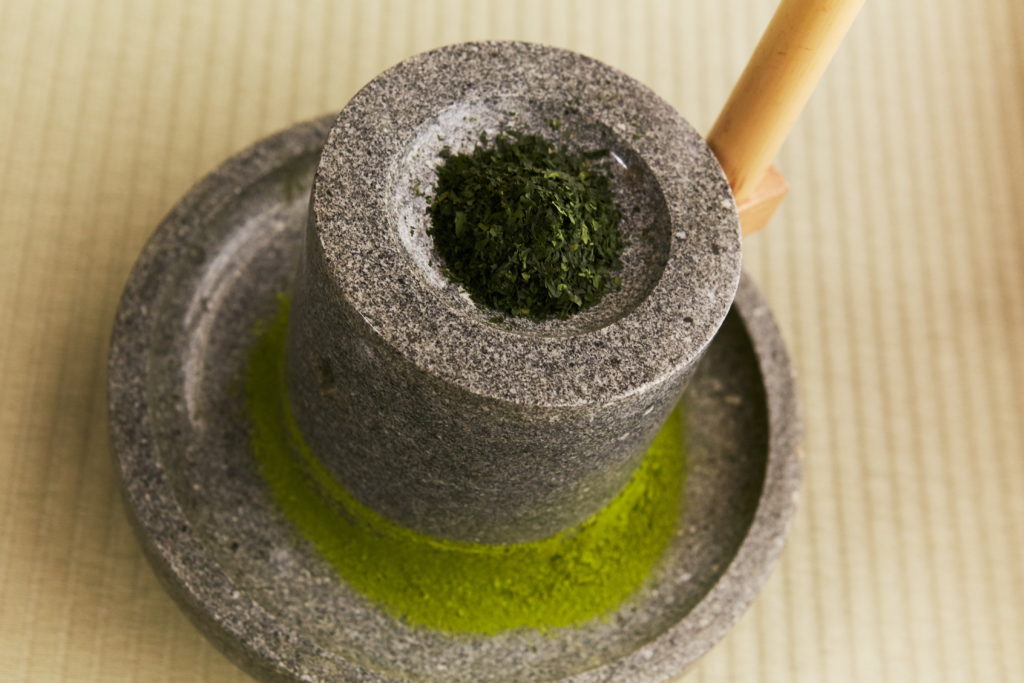
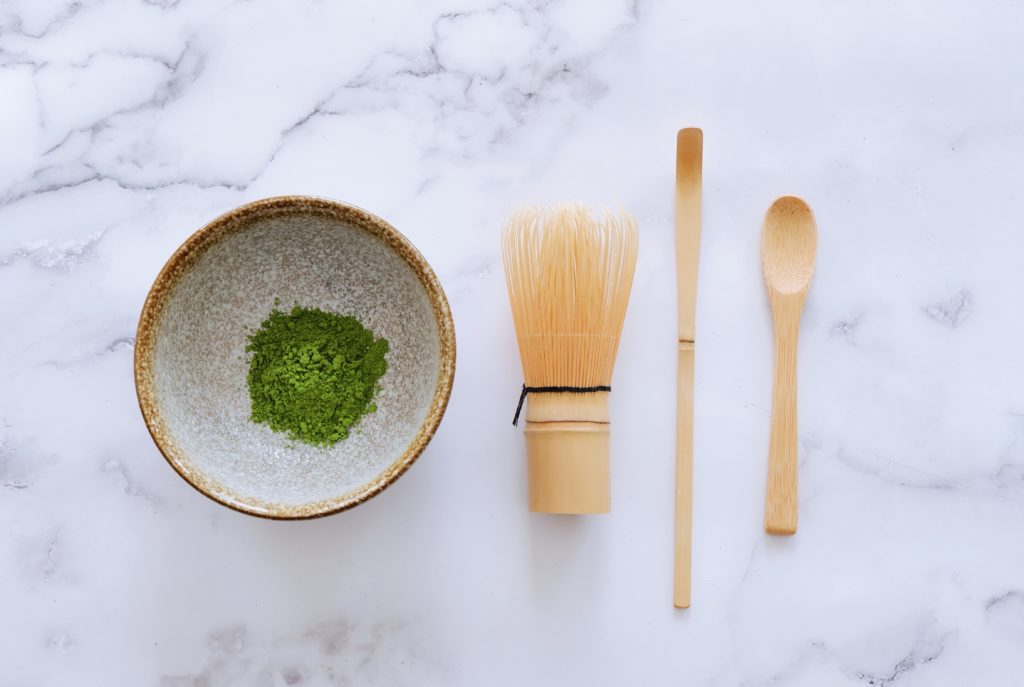
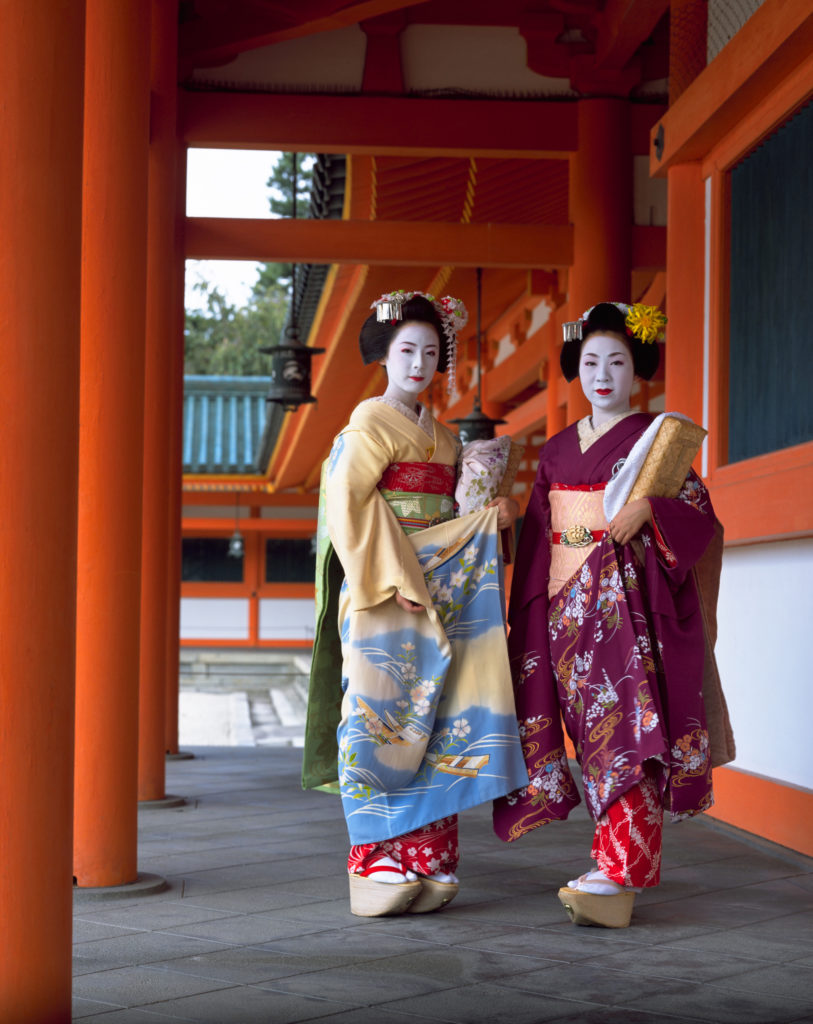
Japanese tea ceremonies are commonly performed by geishas all over Japan, but most prestigiously in Kyoto. The geisha’s role is to entertain guests through dance, music, and the art of communication. By acknowledging the value of Japanese tea through rituals like this, Kyoto is able to portray the harmony and serenity of the Japanese heritage.
In Japan, tea is more than just your usual hot drink. The custom of drinking tea plays a much more significant role in Japanese culture. The very first tea field was grown in Kyoto when tea seeds were introduced to Zen monks in the 12th century. Today, Kyoto is known as the true home of Japanese tea with their most popular green tea plantation being located in Uji, Kyoto.

Famous types of “Uji-tea” you may have heard of are “sencha” (green tea often served at restaurants) and “matcha” (used to make delicious green tea lattes). Both teas originate from the same leaves, but their unique cultivation technique is what sets them apart. Matcha is cultivated into a bright green powder with a rich umami flavor and it is the signature tea served during Japanese tea ceremonies.




Japanese tea ceremonies are commonly performed by geishas all over Japan, but most prestigiously in Kyoto. The geisha’s role is to entertain guests through dance, music, and the art of communication. By acknowledging the value of Japanese tea through rituals like this, Kyoto is able to portray the harmony and serenity of the Japanese heritage.

In Japan, tea is more than just your usual hot drink. The custom of drinking tea plays a much more significant role in Japanese culture. The very first tea field was grown in Kyoto when tea seeds were introduced to Zen monks in the 12th century. Today, Kyoto is known as the true home of Japanese tea with their most popular green tea plantation being located in Uji, Kyoto.

Famous types of “Uji-tea” you may have heard of are “sencha” (green tea often served at restaurants) and “matcha” (used to make delicious green tea lattes). Both teas originate from the same leaves, but their unique cultivation technique is what sets them apart. Matcha is cultivated into a bright green powder with a rich umami flavor and it is the signature tea served during Japanese tea ceremonies.




Japanese tea ceremonies are commonly performed by geishas all over Japan, but most prestigiously in Kyoto. The geisha’s role is to entertain guests through dance, music, and the art of communication. By acknowledging the value of Japanese tea through rituals like this, Kyoto is able to portray the harmony and serenity of the Japanese heritage.

Kyoei Seicha
Kyoei Seicha was founded in the Edo period and has been producing high-quality tea products in Japan for nearly two centuries. The family-run business is based in Uji city and uses tea leaves harvested in the legendary tea-farming town and other areas in Kyoto prefecture. Uji’s unique landscape, mineral-rich soil, and proximity to Lake Biwa create the perfect setting for tea cultivation. Each tea has been finely milled from tea leaves to produce rich flavors that provide a taste of the Japanese culture. With a goal of producing the tea products with trusted quality, tea masters at Kyoei Seicha meticulously examine the color, appearance, and aroma of each tea leaf, conducting various tests that guarantee the quality and safety of their products.
Kyoei Seicha
Kyoei Seicha was founded in the Edo period and has been producing high-quality tea products in Japan for nearly two centuries. The family-run business is based in Uji city and uses tea leaves harvested in the legendary tea-farming town and other areas in Kyoto prefecture. Uji’s unique landscape, mineral-rich soil, and proximity to Lake Biwa create the perfect setting for tea cultivation. Each tea has been finely milled from tea leaves to produce rich flavors that provide a taste of the Japanese culture. With a goal of producing the tea products with trusted quality, tea masters at Kyoei Seicha meticulously examine the color, appearance, and aroma of each tea leaf, conducting various tests that guarantee the quality and safety of their products.
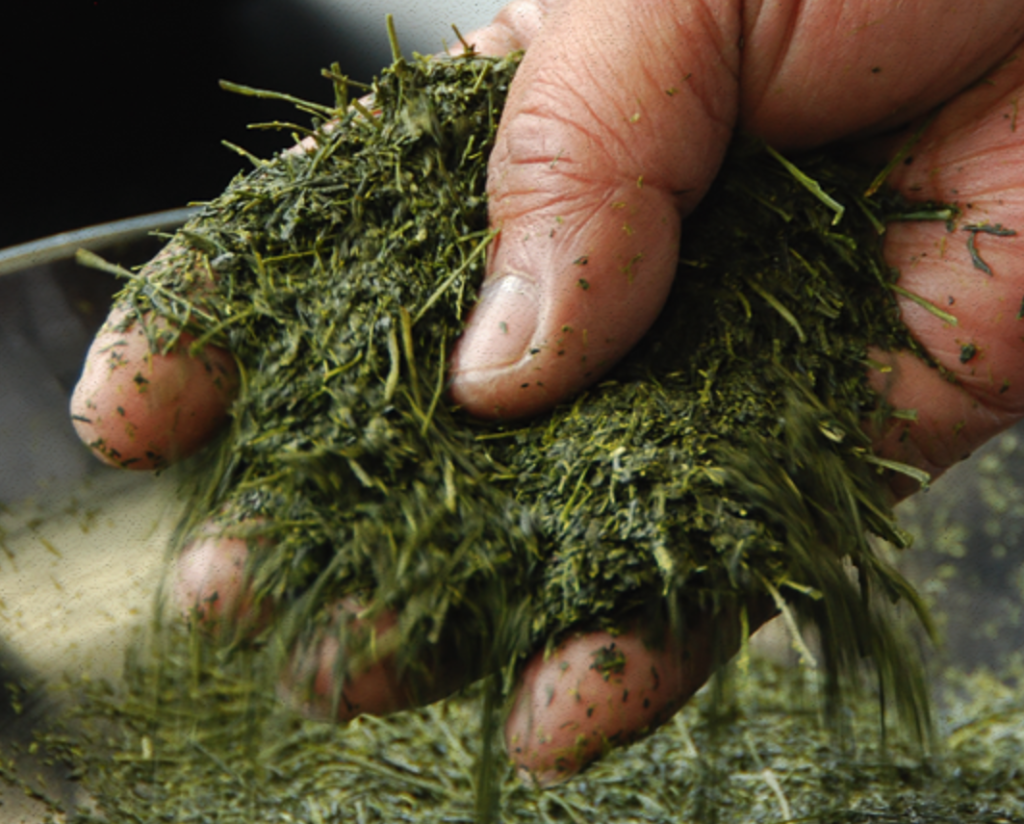
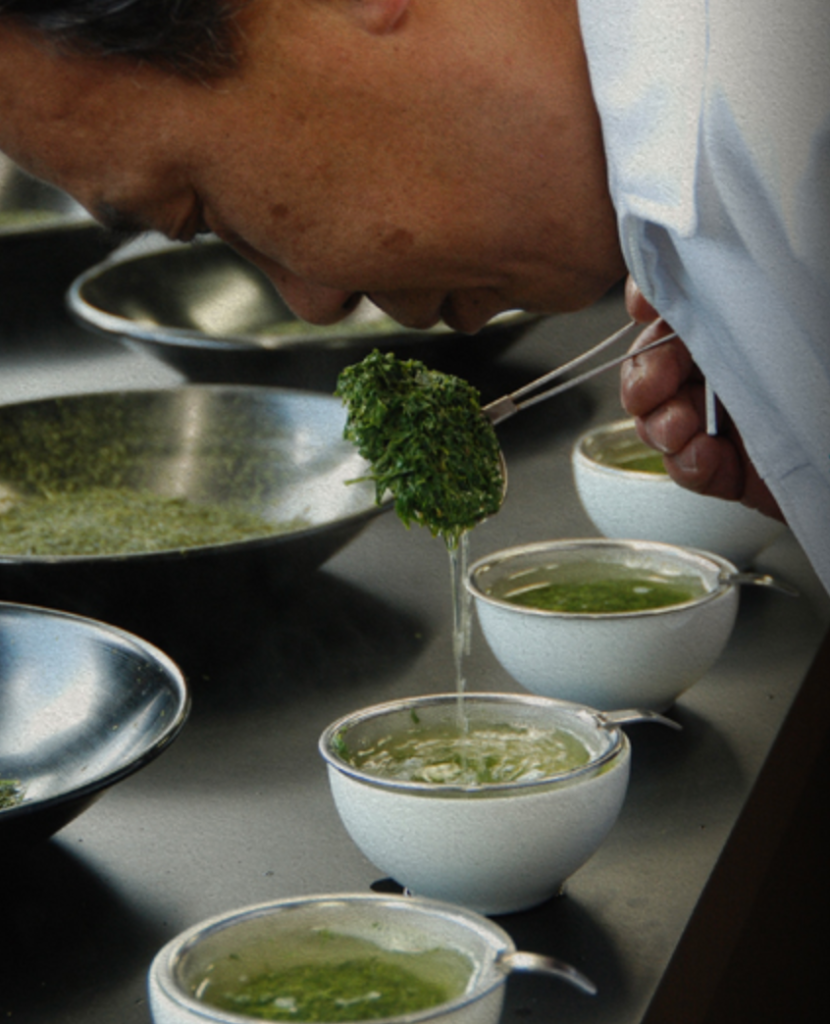
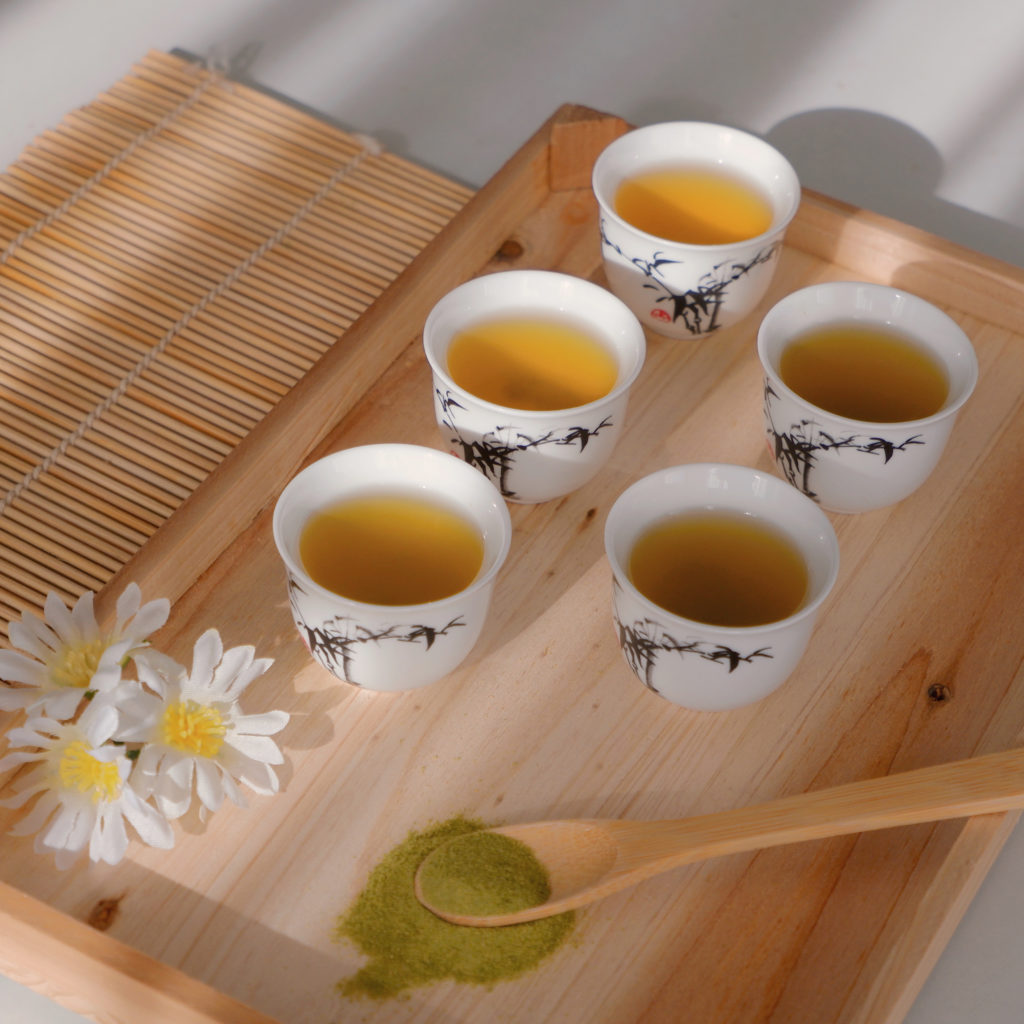
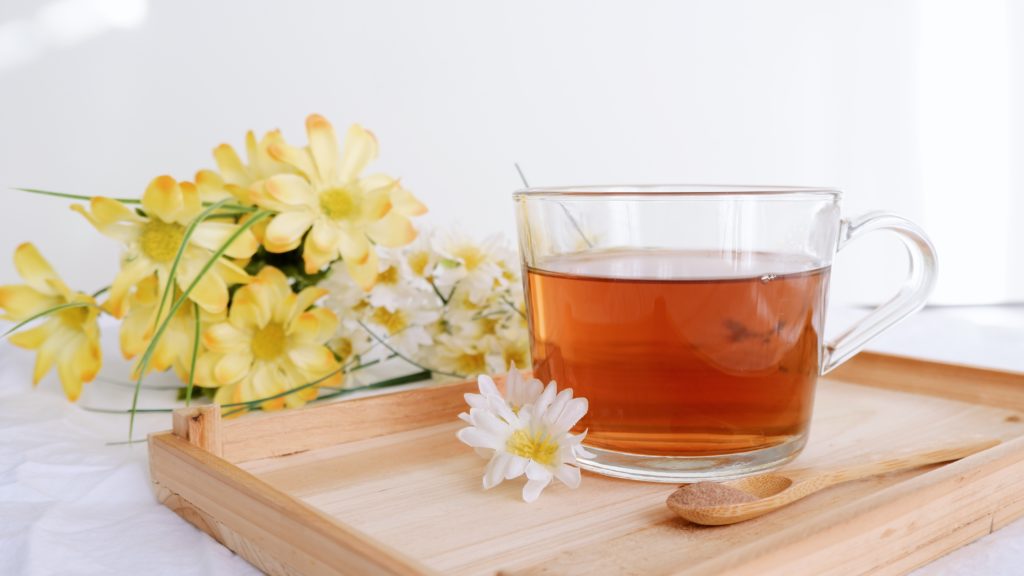
Kyoei Seicha
Kyoei Seicha was founded in the Edo period and has been producing high-quality tea products in Japan for nearly two centuries. The family-run business is based in Uji city and uses tea leaves harvested in the legendary tea-farming town and other areas in Kyoto prefecture. Uji’s unique landscape, mineral-rich soil, and proximity to Lake Biwa create the perfect setting for tea cultivation. Each tea has been finely milled from tea leaves to produce rich flavors that provide a taste of the Japanese culture. With a goal of producing the tea products with trusted quality, tea masters at Kyoei Seicha meticulously examine the color, appearance, and aroma of each tea leaf, conducting various tests that guarantee the quality and safety of their products.
Shop the Kyoei Seicha Collection
Shop the Kyoei Seicha Collection
Shop the Kyoei Seicha Collection
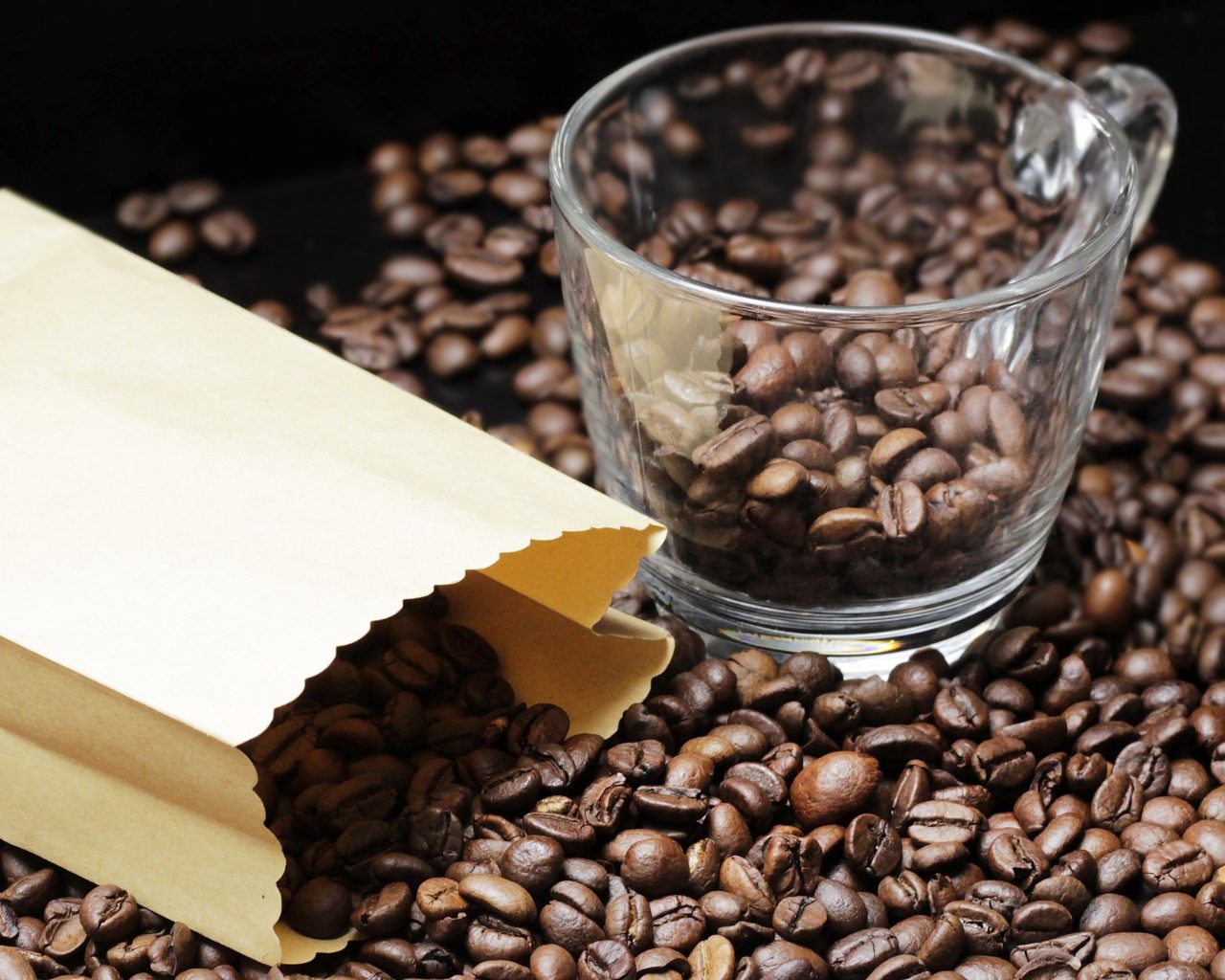
Coffee please, but make it Kyoto style!
Coffee please, but make it Kyoto style!

Coffee please, but make it Kyoto style!

Kyoto is known for their distinctive teas, wondrous temples, and botanical gardens. However, what most people are unaware of is their evolving coffee culture. With western-style cafes becoming ubiquitous around the world, Kyoto has put their own spin on this trend by revolving the Kyoto coffee scene around the kissaten (traditional Japanese tea house).
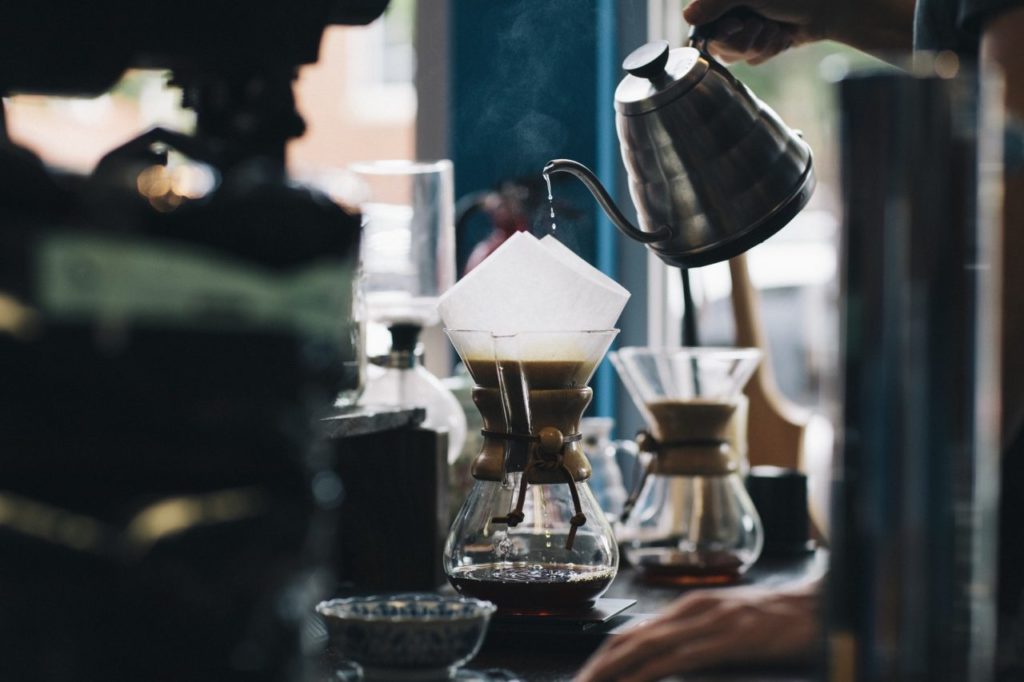
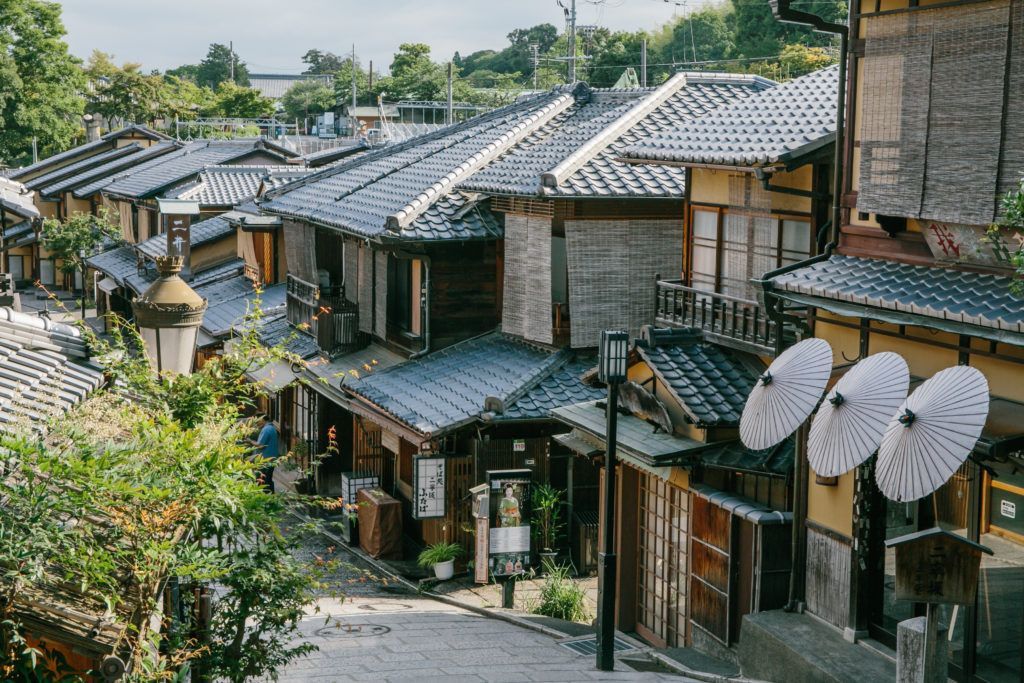
Across the sacred town of Kyoto, you are guaranteed to find coffee houses at every corner, many with outstanding views and expertly crafted brews. When sipping a cup of Kyoto-style coffee, you can taste the aromatic flavors of the perfectly roasted coffee beans. So simple, yet so delicious.
High quality Kyoto coffee is reflective of the Japanese minimalistic lifestyle which focuses on keeping life simple by adhering to the essentials. Kyoto’s unique take on modernity is presented through integrating Japanese traditions with contemporary culture, just like how they’ve done so with coffee.
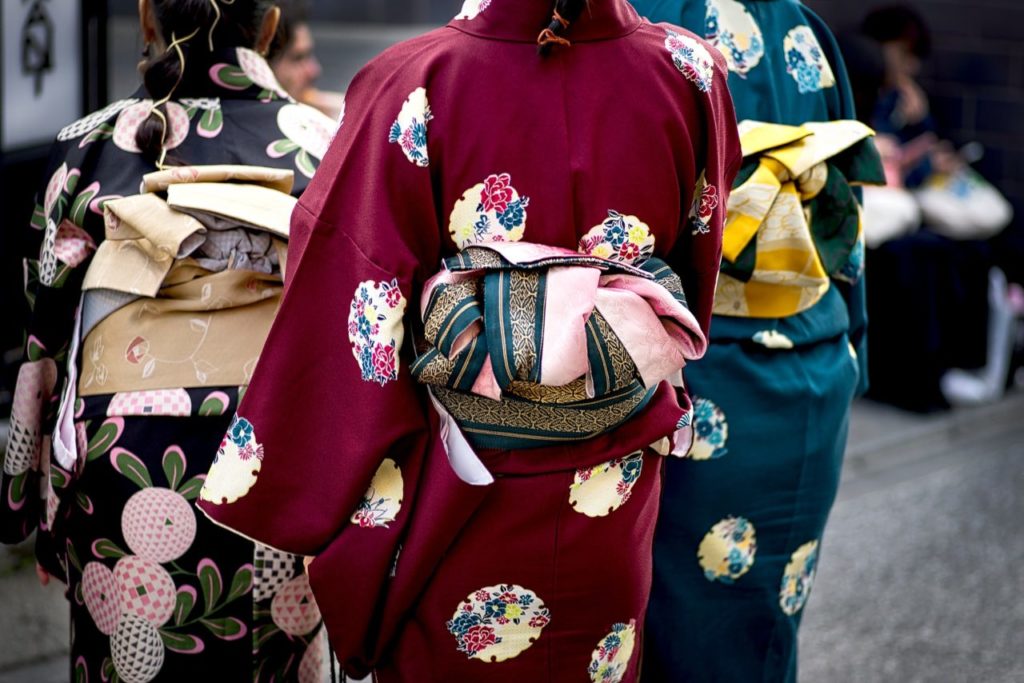
Kyoto is known for their distinctive teas, wondrous temples, and botanical gardens. However, what most people are unaware of is their evolving coffee culture. With western-style cafes becoming ubiquitous around the world, Kyoto has put their own spin on this trend by revolving the Kyoto coffee scene around the kissaten (traditional Japanese tea house).

Across the sacred town of Kyoto, you are guaranteed to find coffee houses at every corner, many with outstanding views and expertly crafted brews. When sipping a cup of Kyoto-style coffee, you can taste the aromatic flavors of the perfectly roasted coffee beans. So simple, yet so delicious.

High quality Kyoto coffee is reflective of the Japanese minimalistic lifestyle which focuses on keeping life simple by adhering to the essentials. Kyoto’s unique take on modernity is presented through integrating Japanese traditions with contemporary culture, just like how they’ve done so with coffee.

Kyoto is known for their distinctive teas, wondrous temples, and botanical gardens. However, what most people are unaware of is their evolving coffee culture. With western-style cafes becoming ubiquitous around the world, Kyoto has put their own spin on this trend by revolving the Kyoto coffee scene around the kissaten (traditional Japanese tea house).

Across the sacred town of Kyoto, you are guaranteed to find coffee houses at every corner, many with outstanding views and expertly crafted brews. When sipping a cup of Kyoto-style coffee, you can taste the aromatic flavors of the perfectly roasted coffee beans. So simple, yet so delicious.

High quality Kyoto coffee is reflective of the Japanese minimalistic lifestyle which focuses on keeping life simple by adhering to the essentials. Kyoto’s unique take on modernity is presented through integrating Japanese traditions with contemporary culture, just like how they’ve done so with coffee.

Poketle
Poketle was born in Kyoto with the goal of creating sustainable bottles that align with Japan’s simple living culture. “Only the necessary” is the philosophy behind Poketle, a brand of pocket-sized insulated water bottles by Kyoto-based company, Design Works Ancient. The idea of a lightweight stainless steel bottle came during a business trip when the company’s CEO Yusuke Kobayashi noticed the alarming number of discarded PET bottles containing leftover beverages in Tokyo. The company began designing the bottle and introduced the first Poketle at the Tokyo International Gift Show in late 2018. Following the successful launch, Poketle has received more than 1.3 million orders in over a year since its release and was one of Nikkei Trendy’s “30 Best Hit Products of 2019”. The slim and easy-to-carry design of the Poketle bottle has exceeded expectations due to its ability to hold the perfect amount while keeping your, coffee, tea, and other beverages fresh.
Poketle
Poketle was born in Kyoto with the goal of creating sustainable bottles that align with Japan’s simple living culture. “Only the necessary” is the philosophy behind Poketle, a brand of pocket-sized insulated water bottles by Kyoto-based company, Design Works Ancient. The idea of a lightweight stainless steel bottle came during a business trip when the company’s CEO Yusuke Kobayashi noticed the alarming number of discarded PET bottles containing leftover beverages in Tokyo. The company began designing the bottle and introduced the first Poketle at the Tokyo International Gift Show in late 2018. Following the successful launch, Poketle has received more than 1.3 million orders in over a year since its release and was one of Nikkei Trendy’s “30 Best Hit Products of 2019”. The slim and easy-to-carry design of the Poketle bottle has exceeded expectations due to its ability to hold the perfect amount while keeping your, coffee, tea, and other beverages fresh.
Poketle
Poketle was born in Kyoto with the goal of creating sustainable bottles that align with Japan’s simple living culture. “Only the necessary” is the philosophy behind Poketle, a brand of pocket-sized insulated water bottles by Kyoto-based company, Design Works Ancient. The idea of a lightweight stainless steel bottle came during a business trip when the company’s CEO Yusuke Kobayashi noticed the alarming number of discarded PET bottles containing leftover beverages in Tokyo. The company began designing the bottle and introduced the first Poketle at the Tokyo International Gift Show in late 2018. Following the successful launch, Poketle has received more than 1.3 million orders in over a year since its release and was one of Nikkei Trendy’s “30 Best Hit Products of 2019”. The slim and easy-to-carry design of the Poketle bottle has exceeded expectations due to its ability to hold the perfect amount while keeping your, coffee, tea, and other beverages fresh.

